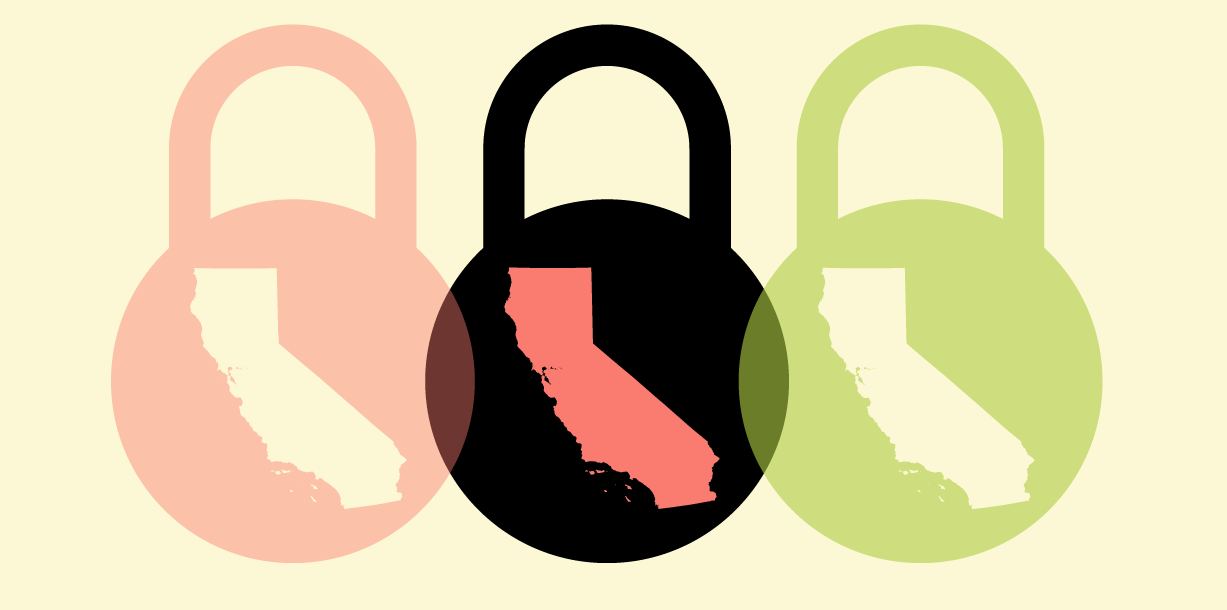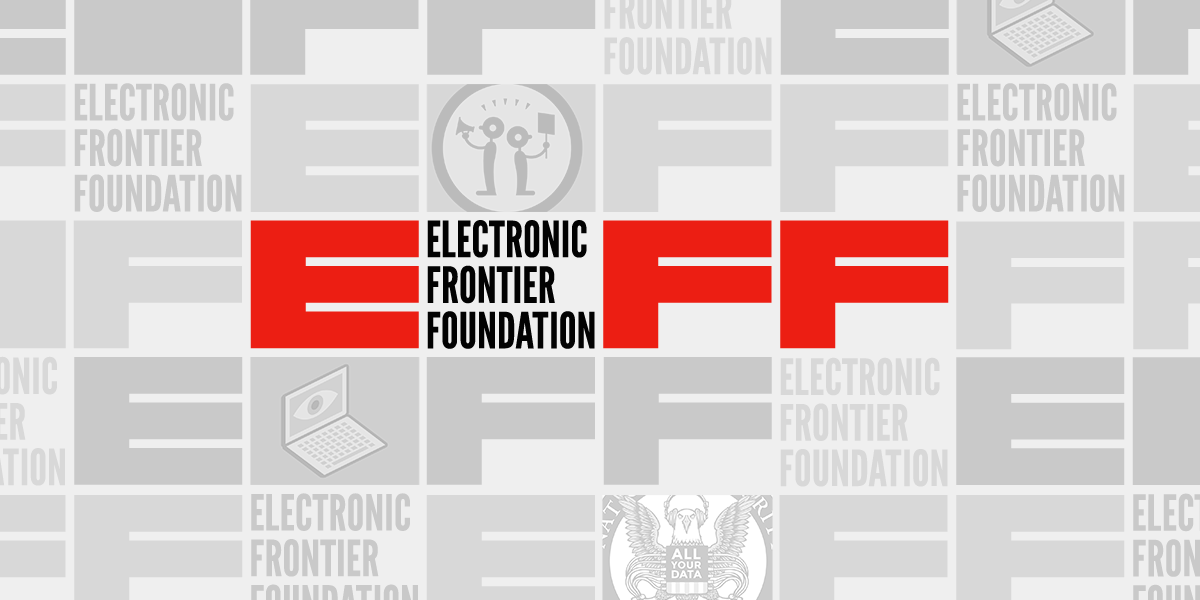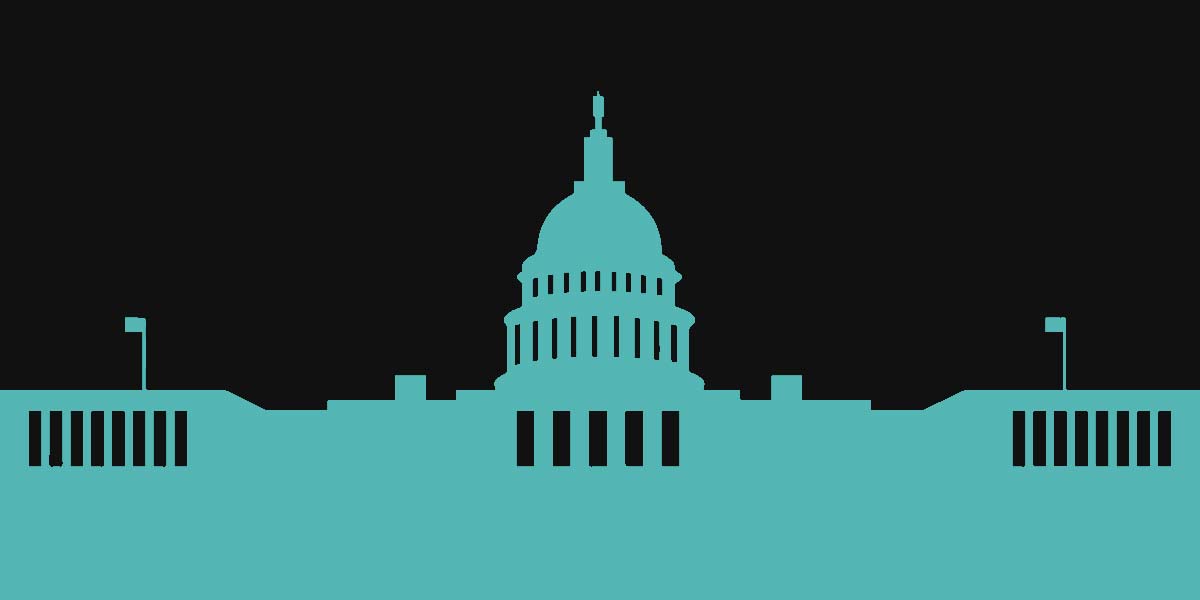Rent-Only Copyright Culture Makes Us All Worse Off
We’re taking part in Copyright Week, a series of actions and discussions supporting key principles that should guide copyright policy. Every day this week, various groups are taking on different elements of copyright law and policy, and addressing what’s at stake, and what we need to do to make sure that copyright promotes creativity and […]
Continue Reading






